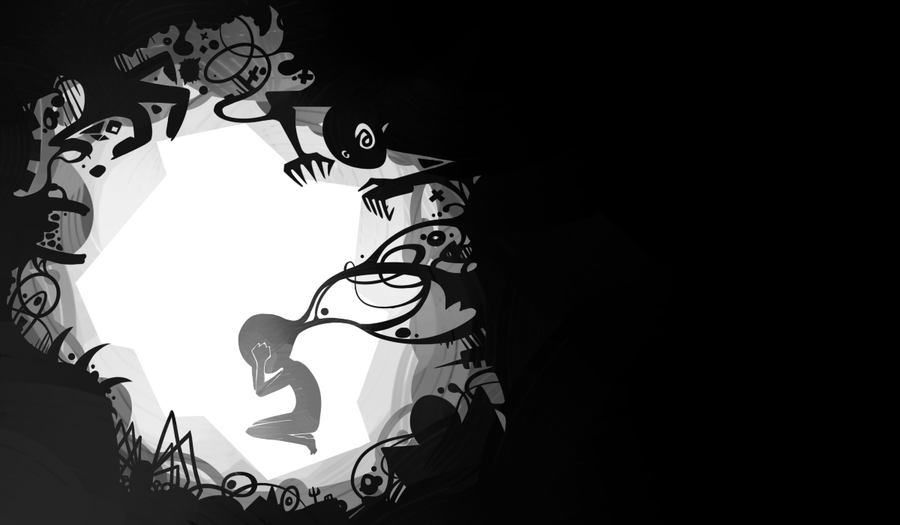One of the things I love about science is the vocabulary that it allows people to use. The whole point of any science is to understand and adapt to the environments we find ourselves in. People who are particularly good at explaining this vocabulary make good or even great scientists but the ideas scientists explain are not dependent on any one human.
Sometimes the truth is harsh. Science sometimes allows us to see a harsh aspect of reality and rather than accept that harsh reality, some people search for a second opinion, in hopes that bad news is not true. This emotional state makes people vulnerable to misinformation, to anyone who might want to exploit that vulnerability. To me, science offers a way to look at those harsh realities for what they are without emotions clouding the ability to understand. The scientific method isn’t just a good way to examine reality, it’s the only way that guarantees the available truth can be understood.
I’m gonna use vaccination as an example of a harsh reality that people don’t always readily accept. I’ve had to go through the debate with various friends and family for years. The vaccination debate has half a dozen easily debunked, unreasonable reasons for not vaccinating humans against diseases. When I point out the science behind my arguments for vaccination they are met with a bizarre suspicion. Without going too much into the ridiculous anti vaccine argument, the anti-science part of it goes something like this:
The source of this scientific claim is suspect so the science itself is suspect. You may have found an article or study that proves my anti vaccination argument wrong but you have to consider the source. Some people write these studies or orchestrate them to show results that are not necessarily accurate.
Why it’s wrong:
You can use the scientific method to reevaluate any study. Science is like math. People can do math incorrectly and get a wrong answer but that doesn’t make math itself wrong. Badly done science doesn’t mean that the scientific method is bad. That’s what I mean when I say the scientific method is the only way. It’s the only logical way to understand literally anything. Saying you don’t trust it is like saying you don’t trust arithmetic.
So, the antivaccination argument that you can’t trust a study is beside the point. I agree that no one should blindly trust any scientific claim. Not being able to readily rust information is a problem but the solution to the problem is to use the scientific method to weed out bad science. A study can be funded and published by a biased source and still be good science. By using the scientific method you can tell the difference between good and bad information.
We live in a time where we are assaulted by information. The antivaccination movement is a great example of how compelling bad science can become when the audience isn’t using the scientific method to parse the information they are reading. The antivaxxers are wrong but the misinformation has a chance to take root in the collective psyche of modern man because of how available information itself is. People without a solid understanding of the scientific method can’t follow the actual debate and must resort to whichever side wrote the most emotionally compelling argument. Not being able to tell what is true or untrue makes people suspicious and even paranoid. Learning and using the scientific method is crucial to the modern internet experience. It’s the only way to see what’s really happening.
|
Jonathan Howard
Jonathan is a freelance writer living in Brooklyn, NY |



